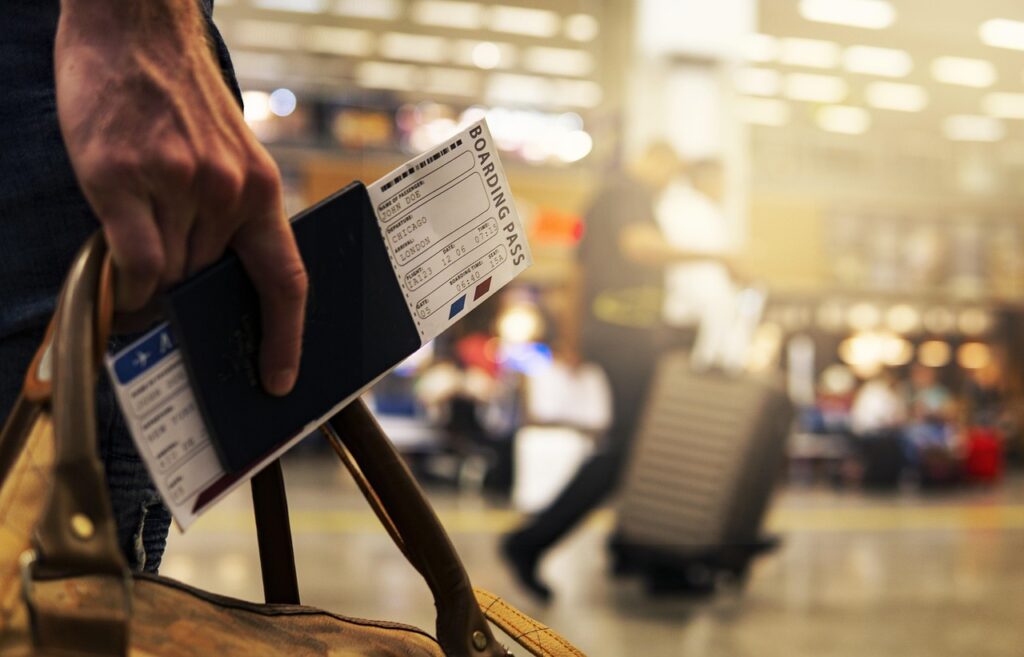
Lost Your Passport Abroad? Here’s Who to Contact for Help and Guidance
Picture this: You’re enjoying that perfect vacation, the sun is setting, and everything feels right. Then you reach for your passport, and it’s gone. Just like that, panic sets in. I’ve been there, and let me tell you, it’s a sinking feeling. But don’t worry; there’s a way out. This post is about what to do if you lose your passport while traveling. I’ll break it down for you, step by step.
Why It Matters
Your passport is your lifeline abroad. Without it, you can’t get home, and everything becomes complicated. The good news? You have options. Knowing what to do can save you time and stress. Let’s talk about who to contact and what to expect.
First Steps to Take
So, you’ve realized your passport is missing. Take a deep breath. Here’s the first move: stay calm. Do an immediate search. Check your bags, hotel room, and any restaurants you visited. Sometimes it’s just hiding. But if you can’t find it, here’s who to reach out to.
1. Local Authorities
Your first stop should be the local police. Report the loss as soon as possible. They’ll give you a report that you’ll need later. Even if you think it was stolen, getting that police report is crucial. Don’t skip this step. It helps establish a timeline and can keep you safe.
2. Your Country’s Embassy or Consulate
Next, reach out to your embassy or consulate. Use their website to find contact details. Explain your situation clearly. They are there to help you. Depending on the country and circumstances, they can issue you a replacement passport or a travel document.
3. Travel Insurance
If you have travel insurance, now is the time to contact them. They often have resources for dealing with lost passports. Plus, they might cover the costs involved in getting a replacement. Keep all receipts; you’ll need them for any claims.
What to Bring When You Visit the Embassy
When you head to the embassy or consulate, bring some stuff with you. Here’s what you’ll likely need:
- Your police report
- A copy of your passport (if you have one)
- Proof of citizenship, like a birth certificate
- Identification, like a driver’s license
- Passport photos (check in advance if they are needed)
It’s always wise to have copies of your important documents stored securely online. This way, if something goes wrong, you can access them easily.
Replacing Your Passport
Now that you’ve contacted the right people, let’s talk about what replacing your passport entails.
Emergency Passports
In some cases, you might receive an emergency passport. This is a temporary document that allows you to travel home or continue your trip. It may have restrictions, but it’s better than being stranded.
Regular Replacement Passport
If time allows, you can apply for a full replacement passport. This can take longer, depending on where you are. Be prepared for fees, and ask about the timeline. Patience is key.
Dealing with the Aftermath
Losing your passport doesn’t just mean getting a new one. You may encounter issues like accessing funds or checking into flights. Here’s how to navigate through.
Accessing Banks and Funds
Without your passport, you might need alternate methods to access your money. Most banks can verify your identity without a passport but expect questions. Bring any identification you have. It might take longer, but you’ll get through.
Traveling to Your Next Destination
When you travel again, keep your new passport in a secure place. Show up early at the airport, as you may need extra time to go through security checks. Always keep copies of your passport handy in case you need them.
Prevent Future Loss
No one wants to go through this once, let alone again. Here are a few simple tips to prevent losing your passport in the future:
- Keep it in a secure place, like a money belt or hotel safe.
- Always know where it is. Make it a habit to check your bag regularly.
- Store digital copies online for backup.
Travel smart. It pays off in the end.
Conclusion
Losing your passport while traveling is stressful, but it doesn’t have to ruin your trip. Start by contacting local authorities and your embassy. Gather your documents and be persistent. You’ll get through it. Remember, you’re not alone; others have walked this path before. Keep this guide handy, and you’ll be better prepared.
Now, go enjoy your travels—just keep that passport safe!
